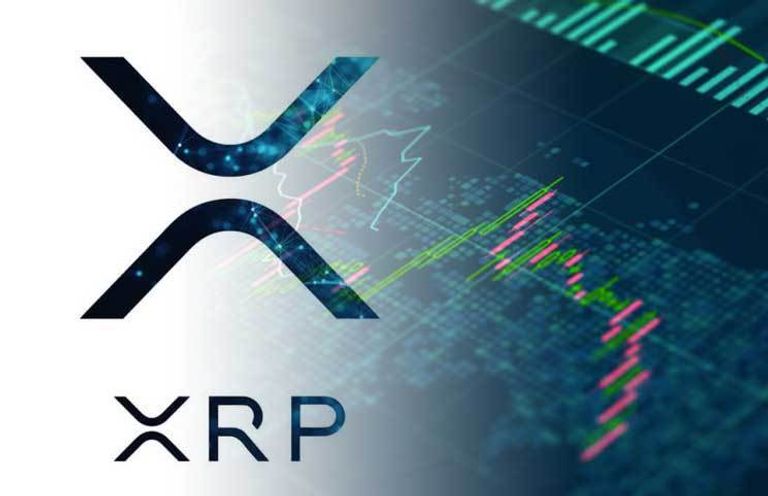Table of Contents
Ethereum has established itself as a mainstay of the cryptocurrency and blockchain ecosystem since its inception in 2015. The smart contract platform boasts the largest DeFi and NFT ecosystem and has the most active developers in all of crypto space. Nonetheless, eight years after launch, Ethereum still faces major challenges. The network is too slow, interacting with smart contract applications is too complicated and mainstream adoption is still a long way off. So what about the future of the second largest cryptocurrency after Bitcoin?
The mastermind behind Ethereum, Vitalik Buterin, recently threw himself into a blog post took the floor to express his concerns about the future of the smart contract platform. His top priorities are three critical improvements that must be made to Ethereum to ensure the network’s long-term success: scaling through Layer 2 (L2), improving wallets comprehensively, and ensuring privacy.
Buterin outlines these three points in the “Ethereum ecosystem transformation triangle.” But what are the much-needed improvements, and why does Buterin believe that ETH’s long-term success cannot be guaranteed without them?
Ethereum scaling through Layer 2 networks
Scaling comes first. Buterin sees this as the primary challenge. This could be solved by implementing layer 2 networks using rollup technology. Rollups are a second-layer solution that allows for an extension of the existing Ethereum network by off-chaining most of the transaction processing. This increases transaction capacity and reduces costs – an essential step for widespread acceptance of Ethereum.
Buterin doubts that Ethereum will experience long-term adoption if transaction costs remain high – he cites values of $3.75 or even over $80 during bull runs. Without solving this problem, the majority of users would continue to prefer centralized platforms with cheaper transactions.
Improvement of Web3 wallets
The second key improvement that Buterin says Ethereum needs to make is wallet security and usability. Buterin sees the need for Web3 wallets such as MetaMask or Coinbase wallet to develop into so-called “smart contract wallets”. This type of wallet offers enhanced security features and a significantly improved user experience compared to the currently popular models.
Smart contract wallets open up new possibilities, such as automating transactions. Among other things, this could make it possible to use not only ETH, but also other tokens to settle gas fees on the Ethereum network, by allowing the wallet to automatically exchange tokens for ETH as needed. In addition, users benefit from advanced access control mechanisms and the possibility to implement “social” recovery functions. The latter opens up new ways for users who have lost access to their crypto wallets to regain access to their assets.
For Buterin, the evolution of the wallet ecosystem is essential to attract more people to the crypto space. In his opinion, without such improvements, a majority of users would not store their assets in these wallets, preferring centralized wallet services instead. The desired changes could therefore make a decisive contribution to making the crypto space more attractive and user-friendly.
You can find out more about smart contract wallets and how they could trigger the next wave of adoption in the crypto space here.
More privacy on the blockchain
Finally, Buterin emphasizes the importance of privacy on the Ethereum network. Ethereum, at the forefront of decentralization, promises its users autonomy over their data — a promise it must honor to avoid undermining its positioning. In addition, stronger data protection measures enable certain technical innovations on the platform. Trustworthy calculations that process sensitive data are only possible with adequate data protection.
Buterin argues that Ethereum will fail without expanding privacy mechanisms. All transactions can be viewed publicly and this would hold back certain innovations in the DeFi sector, especially with such sensitive data as financial transactions. Therefore, enhancing privacy is not just a matter of ethics and legal compliance, but critical to Ethereum’s future and competitiveness.
Conclusion
Vitalik Buterin’s warnings are a call for the Ethereum community to address the issues on the network. Buterin’s proposed solutions to these challenges include implementing a universal login protocol. He also sees the Ethereum Improvement Proposals (EIP) EIPs 734 and 2535 as a way to overcome the challenges. While EIP 734 acts as a standardized interface for managing multi-signature wallets, EIP 2535 enables an upgrade and management system for smart contract wallets. This makes it possible for individual wallet accesses to be restored or for other functionalities to be programmed into wallets.
The EIP-4844 upgrade is also interesting in the context of Buterin’s blog post. The extension is scheduled to be implemented on Ethereum later this year and could help significantly in scaling the network. Namely, it optimizes the speed and cost of L2 networks, thus helping to achieve Buterin’s vision of a scalable decentralized network. Equally central to Buterin’s goals is the dissemination of the ERC-4337 standard, which can improve the security and user-friendliness of wallets.
- PEPE Price Analysis and Prediction – January 14, 2025 - January 15, 2025
- Washington Post: Trump to sign new bitcoin legislation on first day in office - January 14, 2025
- Here’s Why Cardano’s Price Might Climb by 140% - January 13, 2025

























